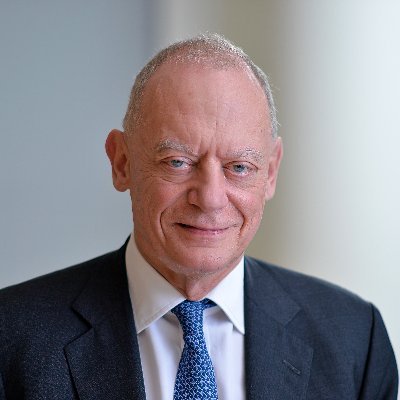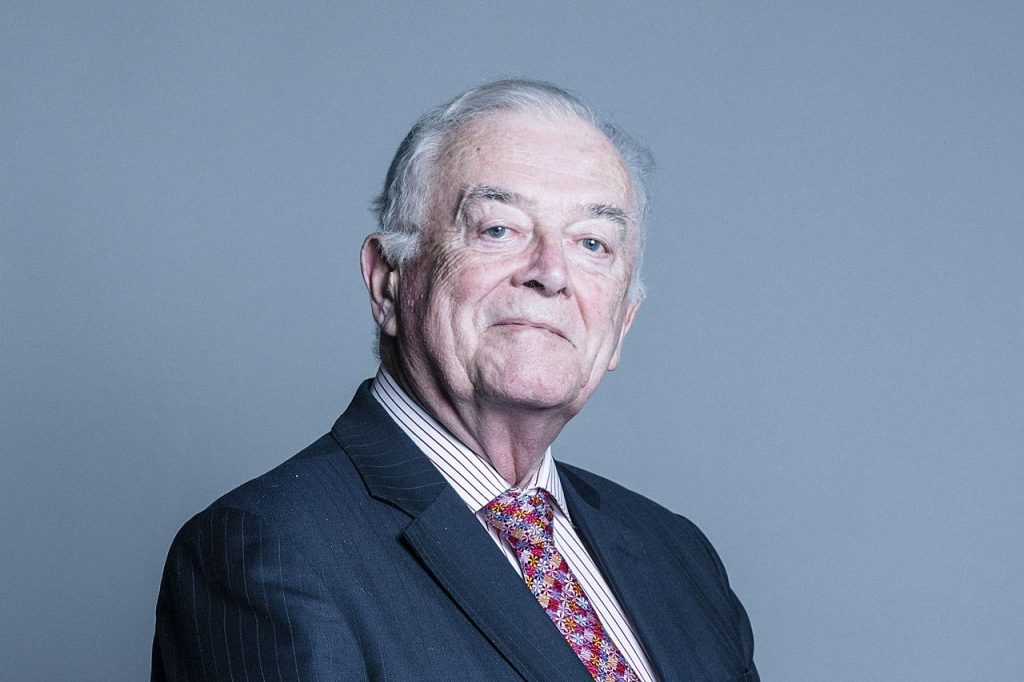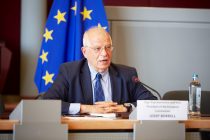A Conservative politician in the House of Lords has sought to highlight inconsistencies in the British government’s policies on trade relations with states it doesn’t formally recognise.
Lord Richard Balfe tabled a series of questions about the government’s use of trade envoys, asking what the criteria was in determining which countries have a trade envoy, and why, for example, there, is a UK trade envoy for Taiwan, but not for the Turkish Republic of North Cyprus.
Lord Balfe, a long-standing member of the All-Party Parliamentary Group (APPG) for the TRNC, raised three questions on the issue:
“To ask Her Majesty’s Government, further to the Written Answer by Lord Grimstone of Boscobel on 8 February, why they have appointed a Trade Envoy for Taiwan; and why they have not appointed a Trade Envoy for the Turkish Republic of Northern Cyprus.”
“To ask Her Majesty’s Government, further to the Written Answer by Lord Grimstone of Boscobel on 8 February, what consideration is given to the political affiliation of Trade Envoys before they are appointed.”
“To ask Her Majesty’s Government, further to the Written Answer by Lord Grimstone of Boscobel on 8 February, what criteria they use to determine which countries have a Trade Envoy appointed to them.”
Replying on behalf of the government Lord Grimstone, the Minister of State for International Trade, explained in a written response on 23 February 2021 that:

“[The] Prime Minister’s Trade Envoys are drawn from both Houses and across the political spectrum. They are chosen based on relevant skills and experience required to undertake the role. This experience can be related to their assigned market or UK industry knowledge, or their Government-to-Government experience, as well as willingness and an ability to undertake some international travel.”
Responding to the question about “the criteria used to determine which countries are added to the programme”, Lord Grimstone referred Lord Balfe to a response he had given to a similar question by Viscount Waverley the previous week, dated 16 February:
“The Prime Minister’s Trade Envoy Programme supports British businesses overseas and attracts investment into the UK. The programme works in collaboration with other trade promotion activities, and it focuses on emerging and high growth markets where additional senior interactions can be valuable, or larger economies where multiple interactions at different levels are effective. Trade Envoys are appointed to markets where there are opportunities to increase bilateral trade.
We are constantly reviewing suitable countries, regions, and markets to identify where the appointment of a Trade Envoy can be of greatest benefit to the trade and investment aims of the UK with the Prime Minister ultimately making that decision.”
Lord Grimstone did not answer Lord Balfe’s question on why there was a British trade envoy to Taiwan, but not to the TRNC.
Britain’s Trade Envoy programme began in 2012, and it currently has 29 trade envoys covering 66 markets. Alongside Taiwan, Palestine is another state which the UK government doesn’t formally recognise, but has appointed a trade envoy to.
Members of the APPG for the TRNC have been tabling a series of questions to the government in recent months to help determine British policy on North Cyprus and to highlight inconsistencies in the government’s approach.
At the start of February, Baroness Hooper was told that North Cyprus was not included in the new free trade agreement between the United Kingdom and Turkey, signed after the UK’s exit from the European Union.
Main photo, top, of Lord Richard Balfe, 2018, cropped. Photo © Chris McAndrew, Wikipedia / CC By 3.0




